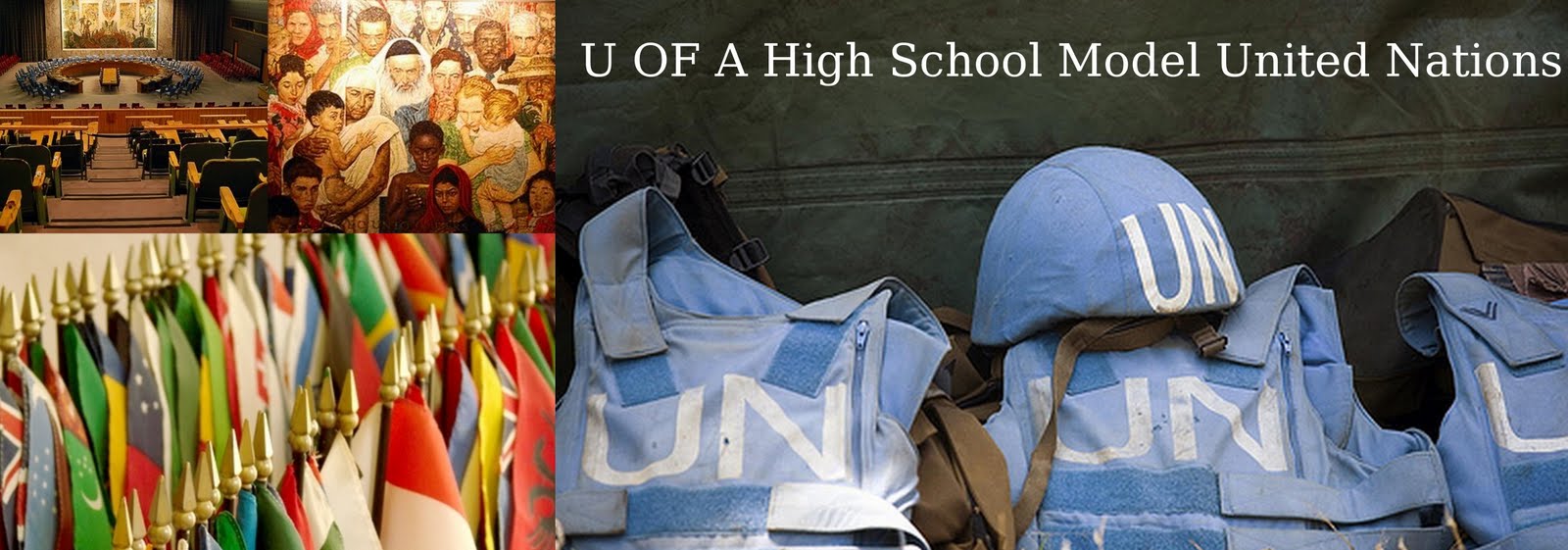Although much of what we've talked about on the sustainable technological development topic so far has been regarding green technological development, there are also other avenues to consider. Both social sustainability and economic sustainability are avenues that should be looked at as well. Social sustainability refers to the ability of a society to maintain or improve the standard of living for its citizens. Economic sustainability refers to the ability of an economy to continue effective functioning indefinitely. Many of the problems in developing and third-world nations stem from the fact that while there can be too little growth, there can also be too much. Case in point - China. China is only now beginning to recover from rapid, unsustainable technological growth. Economies that grow to fast create problems such as rapid inflation, unsafe and unsustainable practices, and inability of markets to absorb the rapid influx of money and resources. Short-term damage is caused, with a significant threat down the road of significantly decreased growth when some sort of capacity is reached. Standard of living also decreases, as pollution increases, investment moves from infrastructure and social services to big business and economic growth. Therefore, developing nations must find a happy medium where they can develop across the board - socially, economically, and environmentally, and are not pushing to 'catch up' to developed nations, such as in the case of China and India.
Something to think about.










